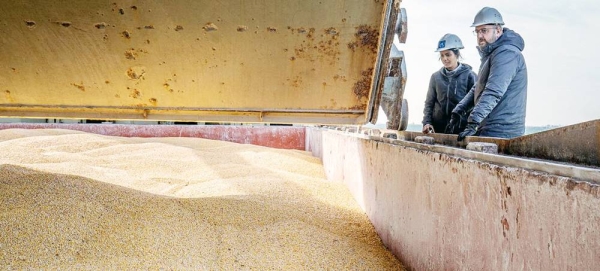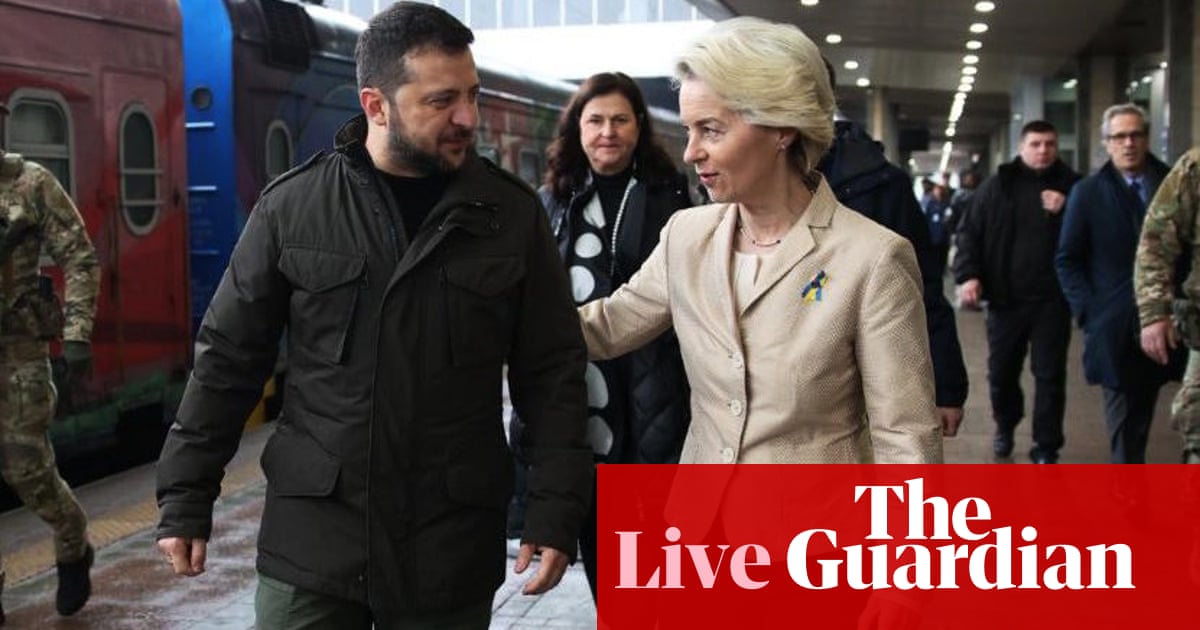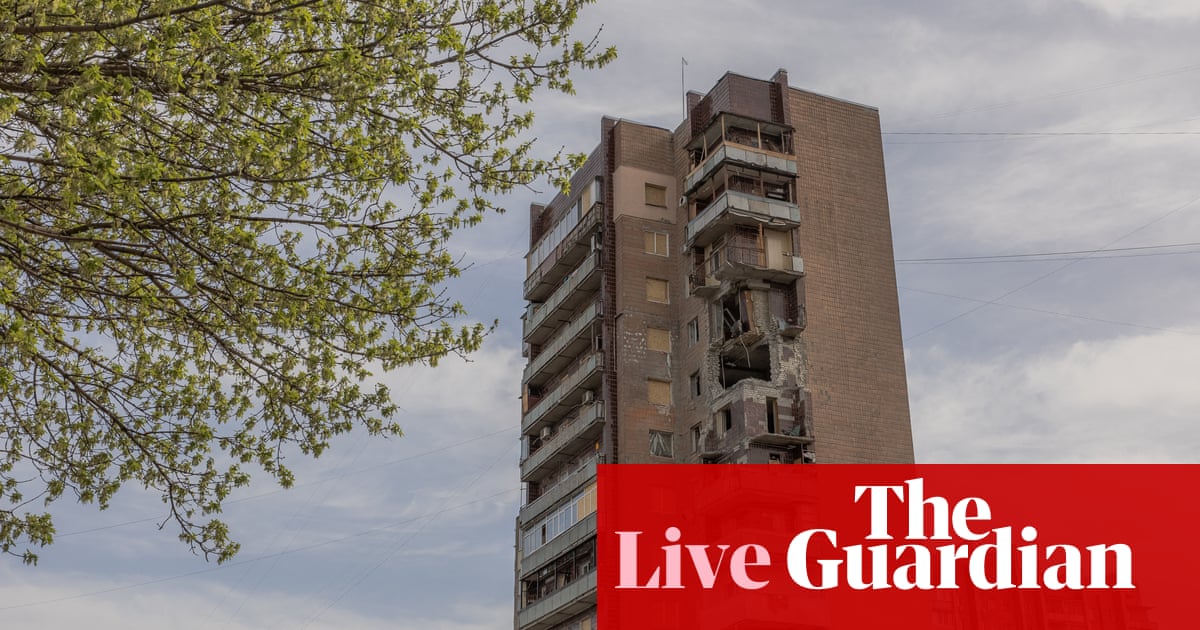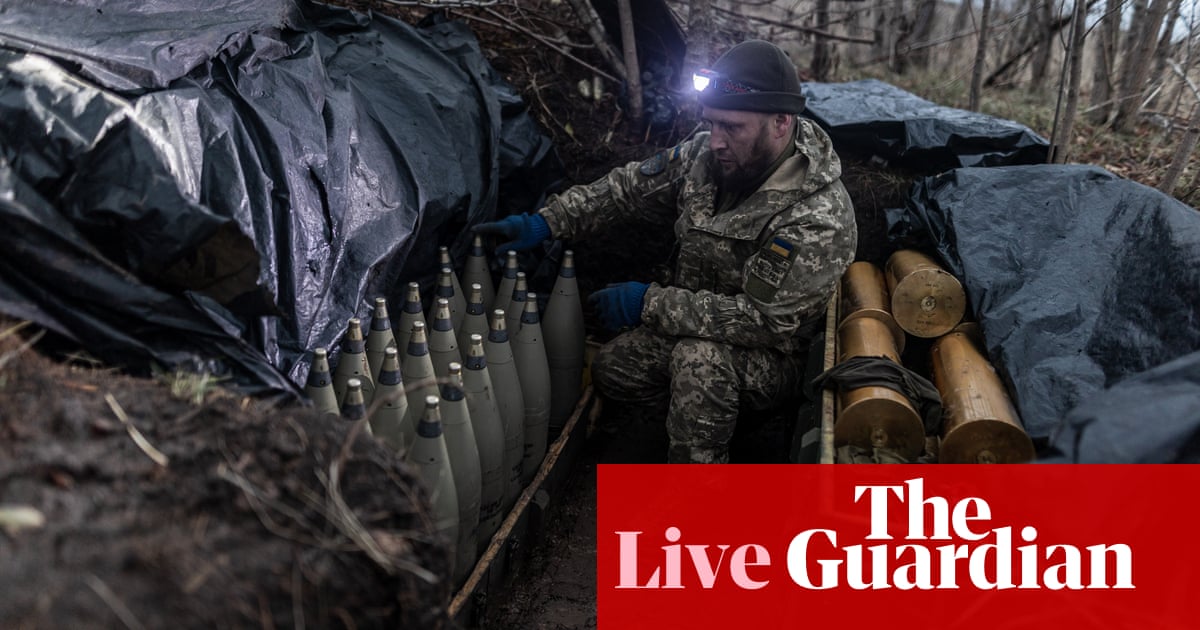
The “senseless war” in Ukraine is now six months old, with no end in sight, UN Secretary-General António Guterres told the Security Council on Wednesday, repeating his ongoing appeal for peace.
The “sad and tragic milestone” coincided with Ukraine"s 31st anniversary of independence, and Guterres congratulated the country"s people.
“The people of Ukraine and beyond need peace and they need peace now,” he said. “Peace in line with the UN Charter. Peace in line with international law.”
Ukrainian President Volodymyr Zelensky participated in the meeting via videoconference, though the feed was at times unclear. He remarked that the world is dependent on his country’s independence.
In the period since Russia’s invasion on 24 February, thousands of civilians have been killed or injured, humanitarian needs have skyrocketed, and numerous human rights abuses and violations have been reported. Millions worldwide also continue to face a global food, fertilizer and fuel crisis, a ripple effect of the war.
The Secretary-General provided an update on his visit to Ukraine last week to follow up on the i the landmark agreement to bring grain from the country back into global markets.
“I can report to the Council that the Black Sea Grain Initiative, signed in Istanbul in July, is progressing well – with dozens of ships sailing in and out of Ukrainian ports, loaded so far with over 720,000 metric tons of grains and other food products,” he told ambassadors.
The Initiative – signed by Ukraine, Russia, Türkiye and the UN – represents “a powerful demonstration of what can be achieved, in even the most devastating of contexts, when we put people first,” he added though pointing to the work still ahead.
“The other part of this package deal is the unimpeded access to global markets of Russian food and fertilizers, which are not subject to sanctions. It is critical that all governments and the private sector cooperate to bring them to market.”
Nuclear threat
The UN chief also underscored his continued concern over the situation in and around the Zaporizhzhia Nuclear Power Plant, which has come under intense shelling in recent weeks.
“The warning lights are flashing,” he said. “Any actions that might endanger the physical integrity, safety or security of the nuclear plant are simply unacceptable. Any further escalation of the situation could lead to self-destruction”.
Guterres has welcomed expressions of support for the International Atomic Energy Agency (IAEA) to dispatch a mission to the plant, Europe’s largest nuclear facility.
Meanwhile, efforts are ongoing to deploy a recently established Fact-Finding Mission to Olenivka, where more than 50 Ukrainian prisoners of war were killed in a blast at a detention facility in late July.
UN human rights bodies continue to document violations and abuses related to the armed conflict.
They include arbitrary detentions, enforced disappearances, arbitrary arrests, and the willful killings of hundreds of civilians in parts of Kyiv, Chernihiv, and Sumy regions under Russian control during February and March.
In detailing the war"s toll on the country, UN political affairs chief Rosemary DiCarlo also expressed concern over the situation of prisoners of war on both sides.
“We are concerned by reports that the Russian Federation and affiliated armed groups in Donetsk are planning to try Ukrainian prisoners of war in a so-called ‘international tribunal’ in Mariupol,” she said.
“Any tribunal must respect the protections afforded to all prisoners of war by international law, including fair trial guarantees. The failure to uphold these standards could amount to a war crime.”
Ms. DiCarlo stated the war is having another impact beyond the tragic human and material toll in Ukraine, and the consequences in other parts of the world.
“In deepening global divisions and exacerbating mistrust in our institutions, the war is weakening the foundations of our international system," she said.
“The consequences of a breakdown in how the world manages questions of peace and security are frightening to contemplate. This war is not only senseless, but exceedingly dangerous, and it touches all of us. It must end”.
President Zelensky addressed the 15-member Council, despite Russia’s objection that he should participate in person and not virtually.
“This isn’t a whim on our part; these are the rules that govern the work of the Council,” said Russian Ambassador Vasily Nebenzya, before calling for a procedural vote. Thirteen countries voted in favor.
Zelensky warned that “Russia has put the world on the brink of radiation catastrophe”, referring to the situation at the Zaporizhzhia Nuclear Power Plant.
“The IAEA mission should take permanent control of the situation at the Zaporizhzhia nuclear plant as soon as possible, and Russia should unconditionally stop nuclear blackmail and completely withdraw from the station,” he said, speaking through an interpreter.
Although the deal to resume Ukrainian grain exports has partly relieved tensions on global food markets, Mr. Zelenskyy said only full recovery of all agricultural exports will ensure millions around the world will have something to eat.
The President stated that Russia must be held accountable for the crime of aggression against Ukraine, adding that a relevant resolution will be submitted for consideration during the upcoming session of the UN General Assembly.
“We must all confirm and force Russia to recognize that the inviolability of borders and peace are unconditional values for all nations,” he said.
For the Russian Ambassador, the meeting was not related to developments on the ground but rather “to demonstrate the unfailing support of Western delegations for any actions of the Kyiv regime.”
The Council has predictably heard much about Russian aggression, said Nebenzya asserting that “over the past 200 years, no other explanation for European security issues except for references to Russia"s actions has emerged in the West.”
Nebenzya said while no one is arguing that it is ‘difficult” today for Ukrainians, “the responsibility for this lies with the Kyiv regime which came to power in 2014 as a result of an anti -constitutional coup carried out with the help of a number of Western states.”
The Russian Ambassador began his deliberation by highlighting how the technical difficulties made it difficult at times to make out what President Zelensky was saying.
“We hope that our position regarding the usefulness of in-person participation of guests, at the very least out of respect for them, has become clearer as a result of this to those following today"s meeting.” — UN News












